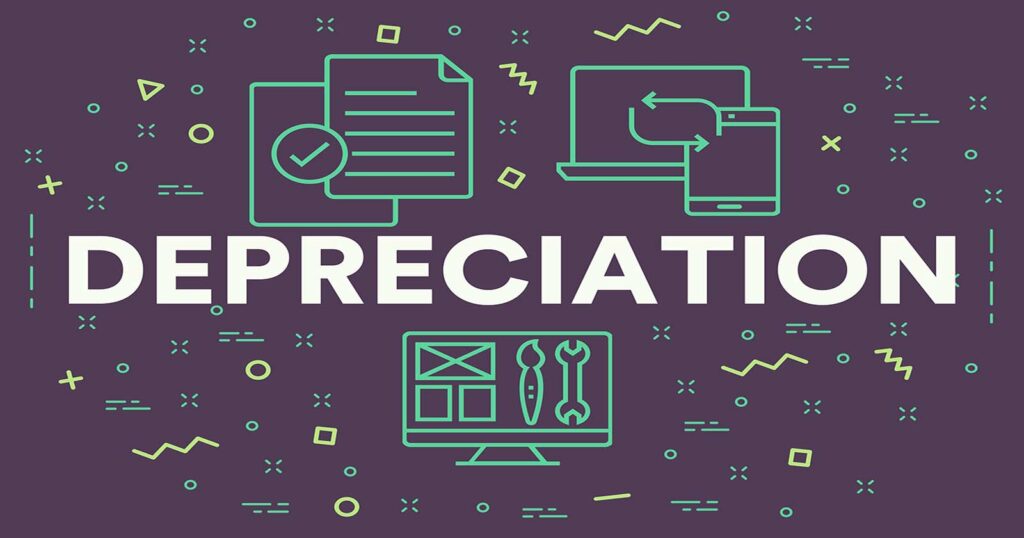The audit world goes way beyond financial statements audit, which is the type that most people know or have heard about. For instance, there is internal audit, performance audit, forensic audit, compliance audit, information systems audit, internal controls audit and so on. While some of these types of audits are less common than others, the audit on internal controls, or more commonly referred to as “SOC 1” is a popular practice. In this article, we will define the SOC 1, what it is used for and why a company would need a SOC 1 report.

What Is a SOC Report?
SOC is short for System and Organization Controls and the number after the SOC is simply to identify the purpose of the SOC report since there are different variations of SOC reports (such as SOC 1, SOC 2, SOC 3).
In business, there are many companies that act as service providers to other companies. In fact, some companies may outsource a portion of their operations to another company that specializes in the outsourced activity. The purpose of a SOC report is to provide comfort that a service provider is compliant with internal policies and is ethical. It basically gives peace of mind to a company hiring a third-party to act as their service provider that the third-party protects the company’s data and acts effectively. A SOC report may examine controls, privacy, confidentiality, security, and so on.
SOC 1 Report [Explained]

The SOC 1 report examines a service organization’s services and controls provided to another company (a client or the user entity) that are relevant to the user entity’s financial reporting process. Auditors of a user entity’s financial statements usually use the SOC 1 report of the service organization (when there is one) to evaluate their internal controls which ultimately helps in the audit process.
The SOC 1 report is split into two types; the SOC 1 Type 1 and the SOC 1 Type 2.
- SOC 1 Type 1: This type of report contains the service organization’s management’s description of their systems and controls. It will provide the reader of the report an understanding on how the service organization runs its operations with its systems and how they are used to service its customers. The SOC 1 Type 1 report is as of a specific date rather than covering a specific period. The auditors delivering a SOC 1 Type 1 report will provide an opinion on the suitability of the systems and their controls.
- SOC 1 Type 2: The SOC 1 Type 2 report is an improved version of the SOC 1 Type 1 report. This is because the Type 2 report will include everything from the Type 1 report in relation to the description of systems and controls with the opinions but it also includes whether the controls designed by the service organization are operating effectively. The SOC 1 Type 2 report will be covering a specific period rather than only for a specific date.
Read More:
Audited Financial Statements for Small Business| A Must Have?
SOC 1 Report: What It Is Used For?
A SOC 1 report is mostly intended for the management of the service provider, a user entity (the client) or auditors. Contrary to financial statement audits where it could be basically intended to anyone who has an interest in a company, a SOC 1 report has no significant use for someone who does not have a direct stake in the service organization. After all, a SOC 1 report does not talk about the performance of a company, rather, it discusses the design and suitability of controls (Type 1) and the operating effectiveness of these controls (Type 2).
SOC 1 report is therefore:
- Good for management to recognize whether their controls are adequate,
- Good for user entities to have comfort over the systems and controls at the service organization they are using for whichever operation they are outsourcing, and
- Good for auditors of financial statements at the user entity to obtain an understanding of controls at the service organization and tailor their audit procedures according to their assessment of the SOC 1 report.
Read More:
Does a Business Need an Accountant? It Depends on 3 Things
When Does a Company Need a SOC 1 Report?
For service organizations, getting a SOC 1 report completed could have many benefits. As soon as a company’s main operation is to provide a service to another entity, a SOC 1 report can be justified. Since a SOC 1 report essentially contains the opinion of a third-party auditor on the systems and controls of a service organization, it’s a good report to have in hand to attract potential clients.
The SOC 1 report can also be required by a user entity to satisfy their comfort level before engaging in business transactions.
For companies operating in specific sectors, having a SOC 1 report completed can also be standard industry practice. This is normally the case for fund administrators in the financial services industry, payroll processors, software-as-a-service (SaaS), and so on.
SOC 1 Report: Final Thoughts
A SOC 1 report provides comfort over the systems and controls at a service organization. There are two types of SOC 1 report, with Type 1 focusing on the description and suitability of systems and controls, and Type 2 also includes the operating effectiveness of controls.
The SOC 1 report can be quite useful for all parties having to deal with a service organization. Whether it’s the management of the service organization, the auditors or a client, all parties can make use of a SOC 1 report to gain an understanding of the systems and controls.



